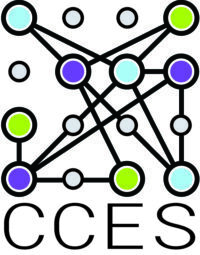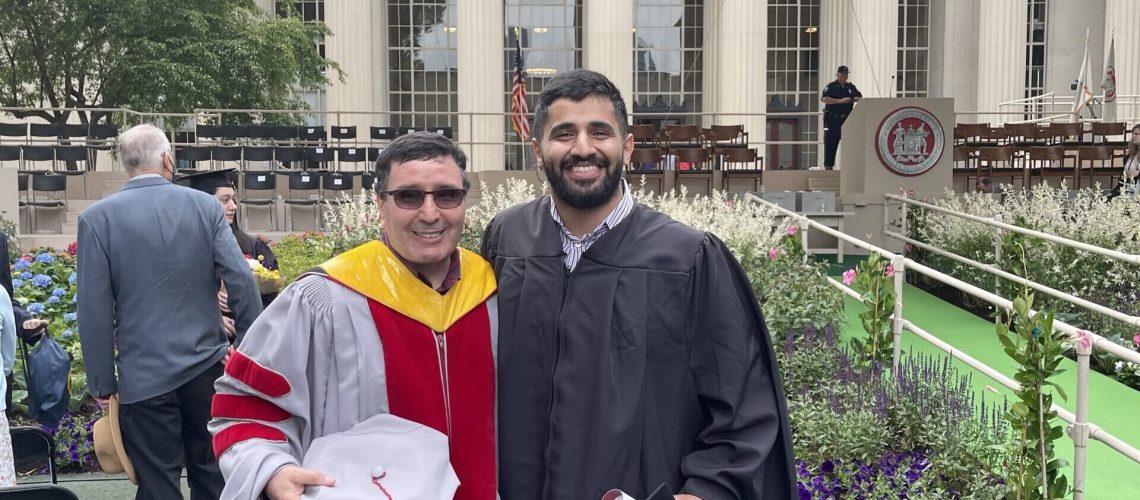Mohamad Alrished has been a researcher for the Center for Complex Engineering Systems (CCES) since 2015. Throughout college, Mohamad has focused on obtaining degrees in Mechanical Engineering, citing his parents as his biggest inspiration.
“I knew I enjoyed science and math, but I was initially indecisive when it came to choosing a major. Wanting to keep my options open, I ultimately decided to pursue Mechanical Engineering and enrolled at King Saud University. Looking back, I’m happy with that decision, as it allowed me to connect with professionals from various domains, such as architects, electrical engineers, and others. The field is highly interdisciplinary.”
After completing his undergraduate degree, Mohamad began work as a researcher for CCES at the King Abdulaziz City for Science and Technology (KACST). After working for CCES for three years, Mohamad continued his education by joining the Mechatronics Research Laboratory (MRL) run by Professor Kamal Youcef-Toumi at MIT.
“Once I got into MIT, I immediately felt at home. The people here share a similar mindset, which makes it easy to connect.”
Mohamad completed his master’s degree in Mechanical Engineering in 2020 before continuing his role at KACST. During that time, he extended an algorithm he developed for transforming satellite imagery into detailed 3D urban models. This research led to him working on several government initiatives in the fields of logistics, urban planning, and digitization.
Mohamad returned to the MRL to begin work on his PhD in 2023. During his graduate studies, Mohamad discovered just how valuable a good advisor is.
“I’ve learned that research can be both challenging and rewarding, often requiring patience and persistence to make progress. While many think a PhD is a solitary path, working with Kamal has shown me it’s anything but. He’s there to offer support and push me to think more critically and deeply, enabling me to reach my potential. The process can feel demanding at times; however, his guidance has been instrumental in my growth, both intellectually and personally.”
When asked about his experience with CCES, Mohamad was enthusiastic.
“CCES highly emphasizes collaboration between different fields and departments. It’s one of the few places I see that has equal representation of men and women and enables them equally. It’s also very interdisciplinary, which gives you a unique perspective on how to tackle a problem. Different fields give you different lenses and perspectives, which provides a fuller picture. You have a lot of breadth to explore.”
One of the greatest things Mohamad has learned during his time at CCES working with Kamal is how to approach established processes.
“In research, it’s important to stay skeptical. If a process requires specific steps—first A, then B, C, and D—don’t just follow it blindly. Question each step: Is B really necessary? Why use B at all? What’s its purpose? You sharpen your skills by constantly asking, ‘Is this really the best way to do it?’”
During his time at CCES, Mohamad has dedicated his efforts to the development and design of multiple models for complex systems, as well as frameworks for connecting these models. Along with his colleagues, he engineered a novel pipeline that processes noisy LiDAR data and generates 3D models of buildings without human intervention. This project was initiated to analyze and optimize urban energy and water consumption. In addition to working with Professor Kamal Youcef-Toumi, Mohamad has also worked in close collaboration with notable experts such as Christoph Reinhart and Elfatih Eltahir.
Today, Mohamad’s PhD research focuses on developing algorithms for robot social navigation.


